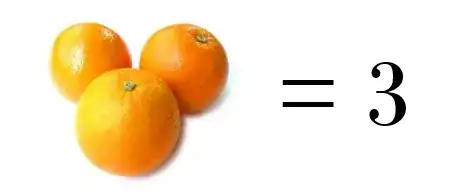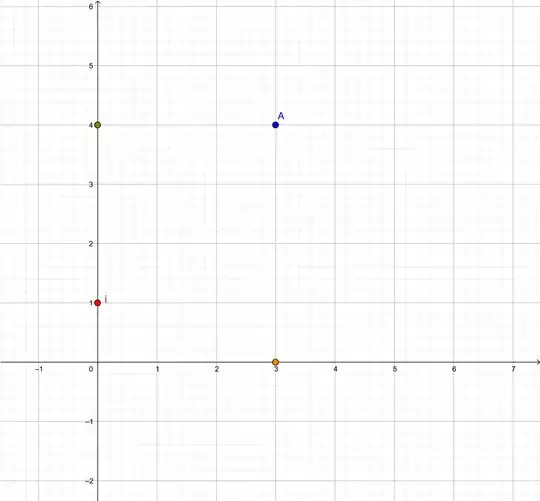Mathematics could be defined as the study of formally defined abstractions. These abstractions may or may not be useful for describing real world phenomenon. Indeed, Physics could be defined as the subset of Maths that does describe real world phenomenon.
The integers - along with the operations of addition/multiplication - are incredibly versatile, and children can intuitively know when this abstraction is appropriate:

The Real Numbers, Sets, Vectors and even more complicated mathematical structures have obvious and intuitive real world correspondences.
From my experience with talking to people about "imaginary numbers", confusion is caused more often than not by the word "imaginary" and its difficult philosophical implications. If only I could explain that they are just as "real" as all the other abstractions they use every day!
So to aid in explaining the view that complex numbers and their associated operations are simply another useful abstraction that can be applied in the same way as the more familiar types of number:
What are some easy to grasp real world situations that can be elegantly abstracted and represented by complex numbers?
Update
I can see how this question is similar to this but it is subtly and crucially different. This question asks for simple real world situations. That question asks for simple applications and has received a bunch of answers about how complex numbers elagently deal with other mathematical abstractions. The top answers are all referring to simple areas of mathematics where complex numbers can be applied.
